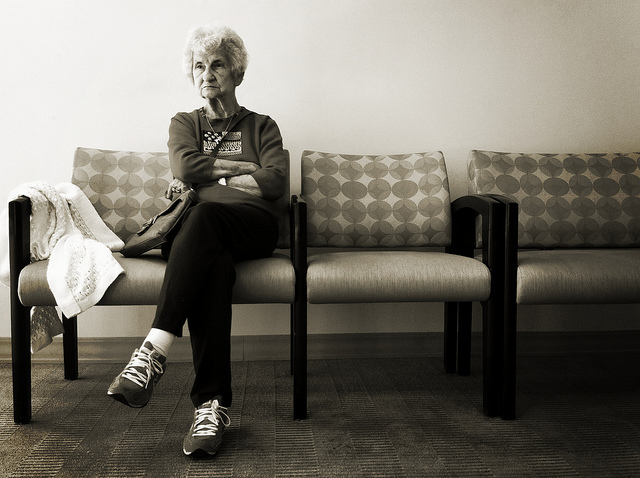The Senate Finance Committee held a hearing on Tuesday titled “Social Security: Is a Key Foundation of Economic Security Working for Women?”
The hearing explored how Social Security could better help the financial security of elderly women – who have their savings “squeezed” because they typically live longer than men and are less likely to have a pension, among other reasons.
Senate Finance Committee Chairman Ron Wyden (D-Oregon), offered several proposals to strengthen women’s Social Security benefits. Summarized by ThinkAdvisor:
– Boost the Social Security benefits for women who outlive their spouses.
– Create caregiver credits for people who leave their jobs to take care of children or disabled or elderly family members. With those credits, caring for a loved one would no longer come at the cost of a reduced Social Security benefit later in life.
– Close the gap between disabled widows or widowers and others who receive Social Security disability benefits. It would end benefit reductions, time limits and other restrictions.
– Include revising student benefit rules and removing gender bias from Social Security so that couples and their children – regardless of gender – would receive equal benefits.
The committee heard testimony from Catherine Dodd, chairwoman of the Board of Directors of the National Committee to Preserve Social Security and Medicare. She explained why women often receive less Social Security benefits than men, and cited some sobering statistics regarding elderly women and poverty:
While women live longer than men, women have also generally worked for lower wages due to “persistent gender wage discrimination,” leading to a smaller Social Security benefit, Dodd said.
Women also often interrupt their participation in the labor force to provide care to other family members, usually children and elderly parents or relatives, and they are less likely to have a pension.
Dodd noted that nearly 22 million women aged 65 and older receive Social Security benefits, and that a woman who reaches age 65 can expect to live an additional 20 years.
For these women, “Social Security represents a vitally important source of income, and is often their only available hedge against inflation,” Dodd said.
Without Social Security, more than half of these women would be living in poverty, Dodd continued, and even with Social Security, 11% of older women still live in poverty.
For widows, the poverty rate is worse, at 15%. That rate is 50% higher than the poverty rate for all people 65 and older.
You can watch the hearing and read the testimony here.
Photo Credit: Jason Parks via Flickr




